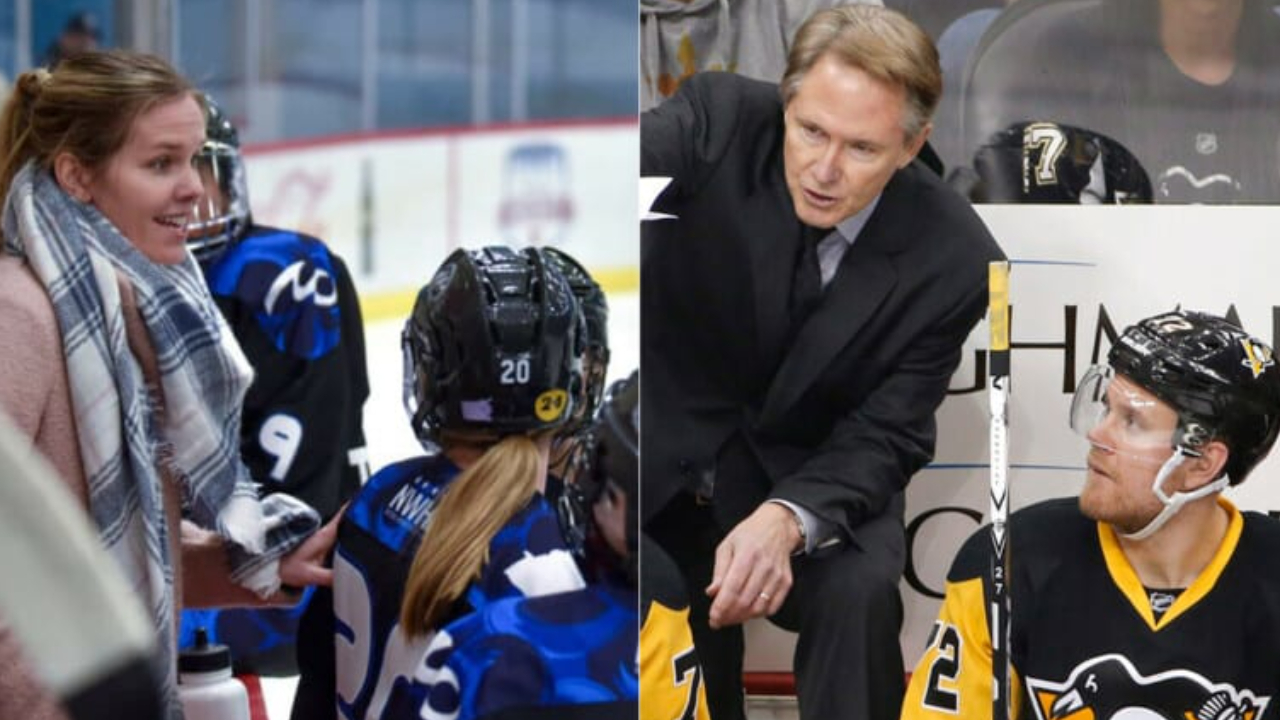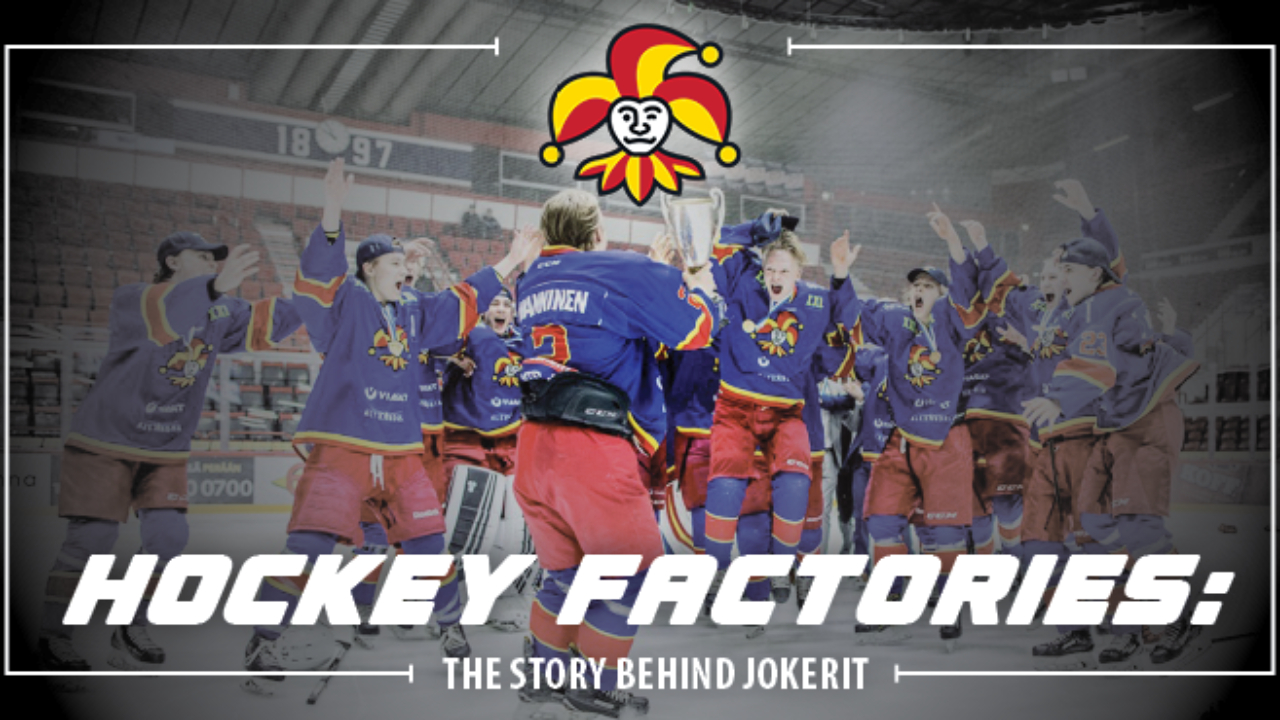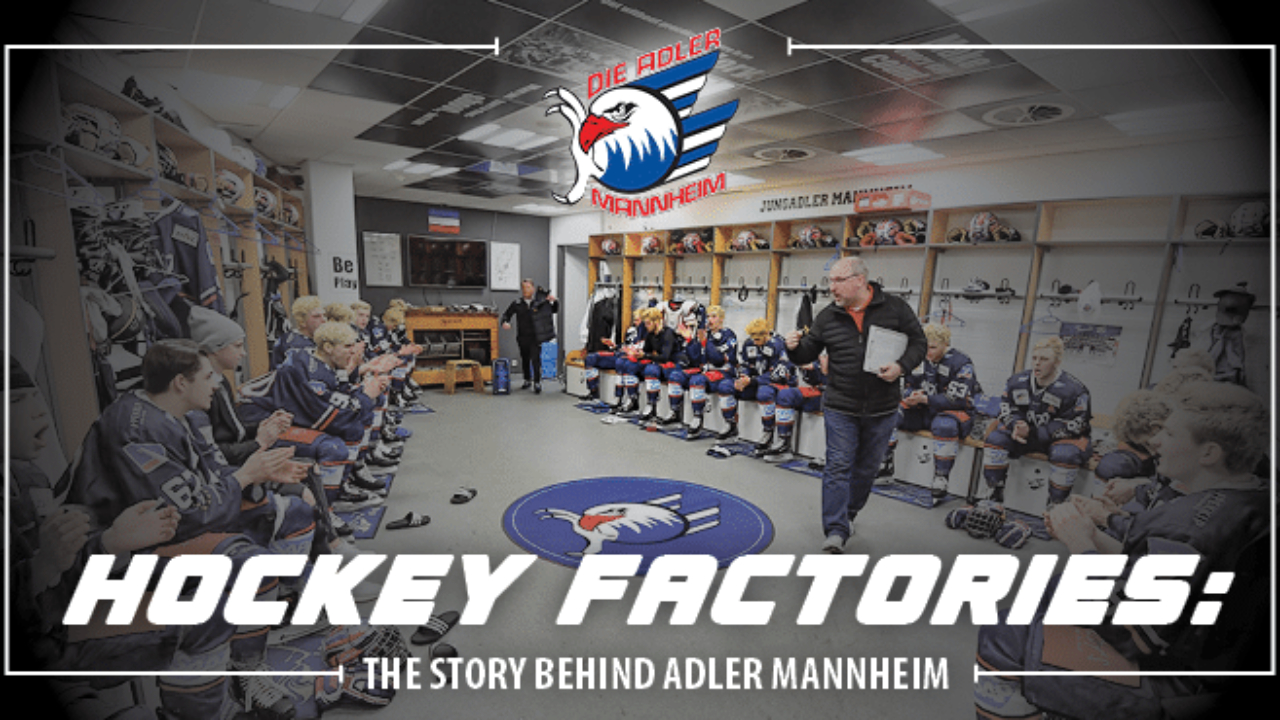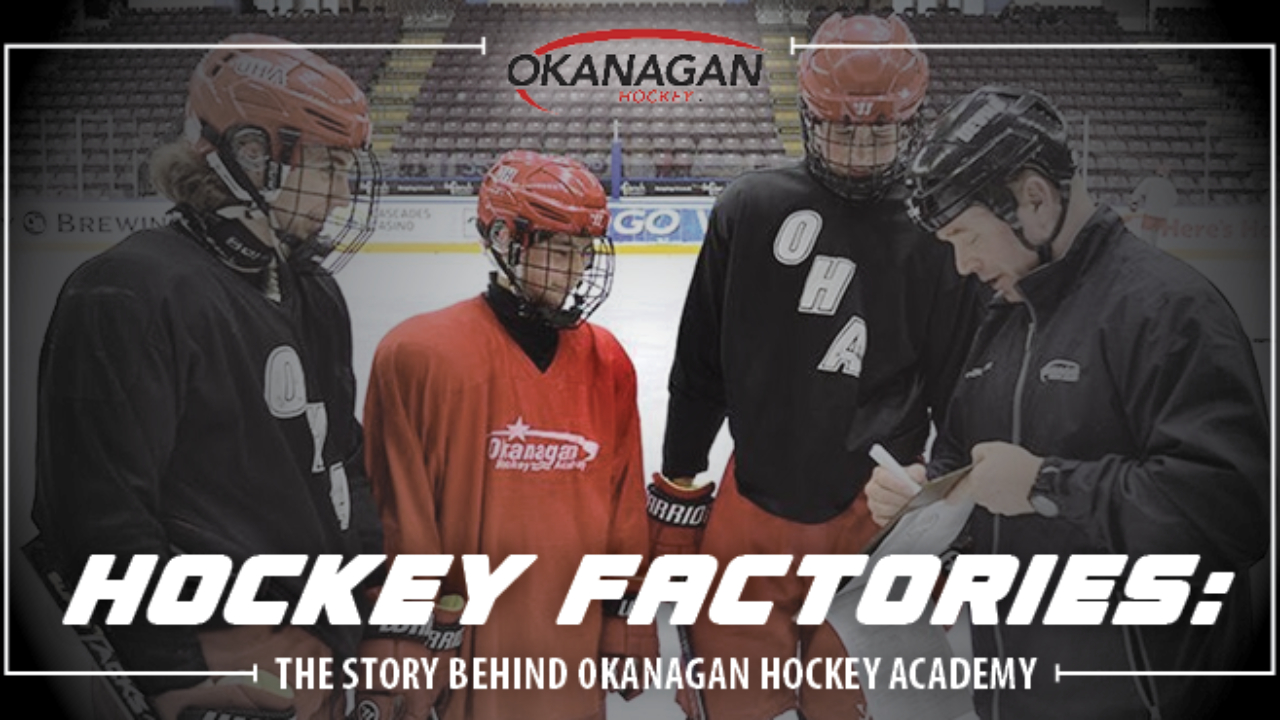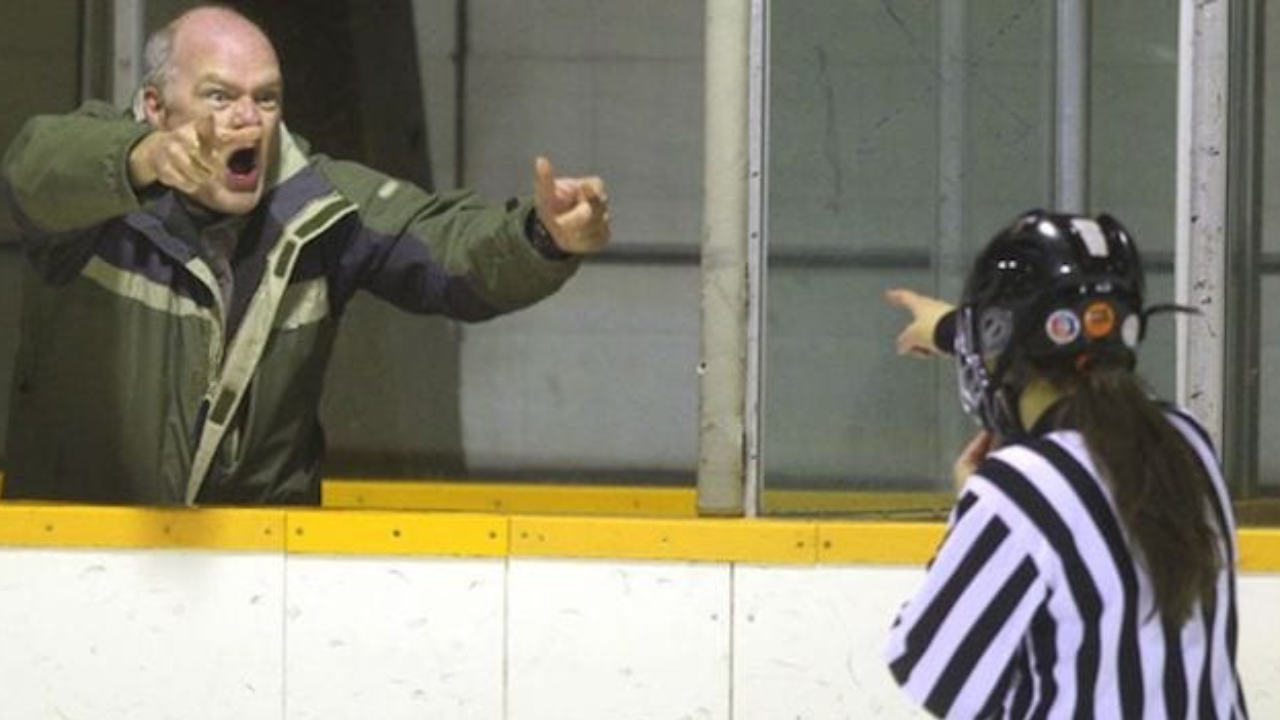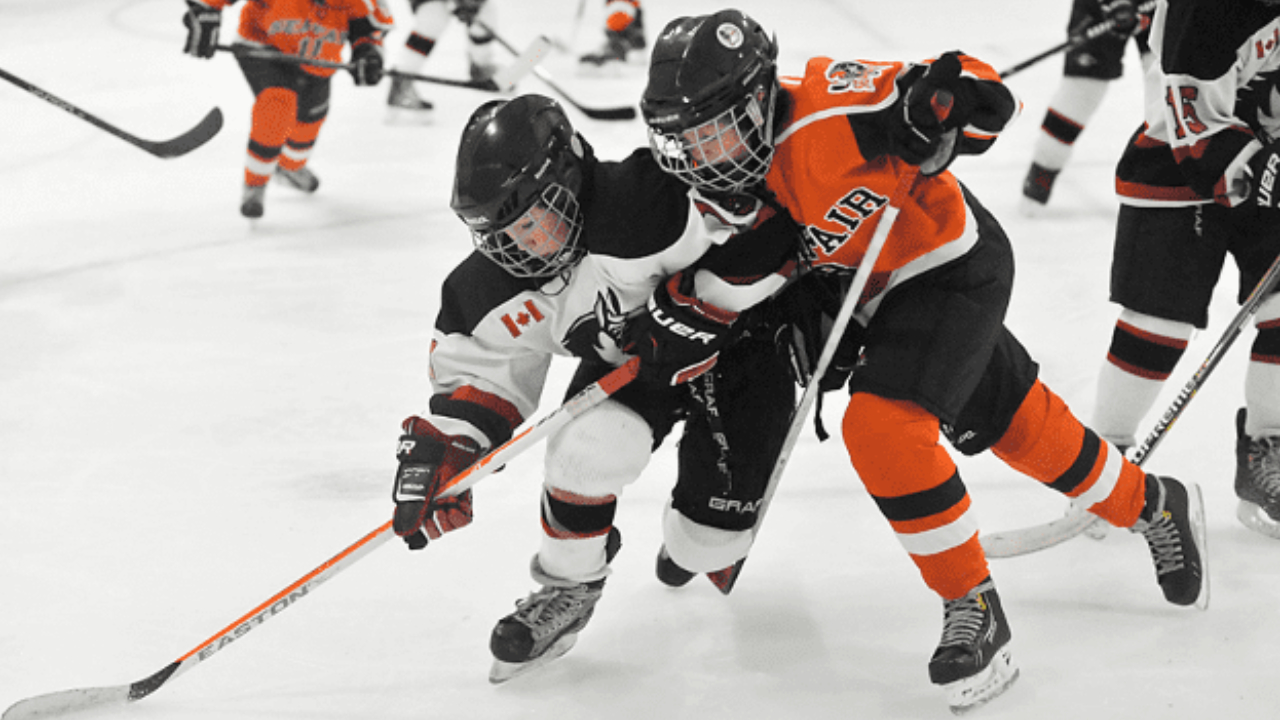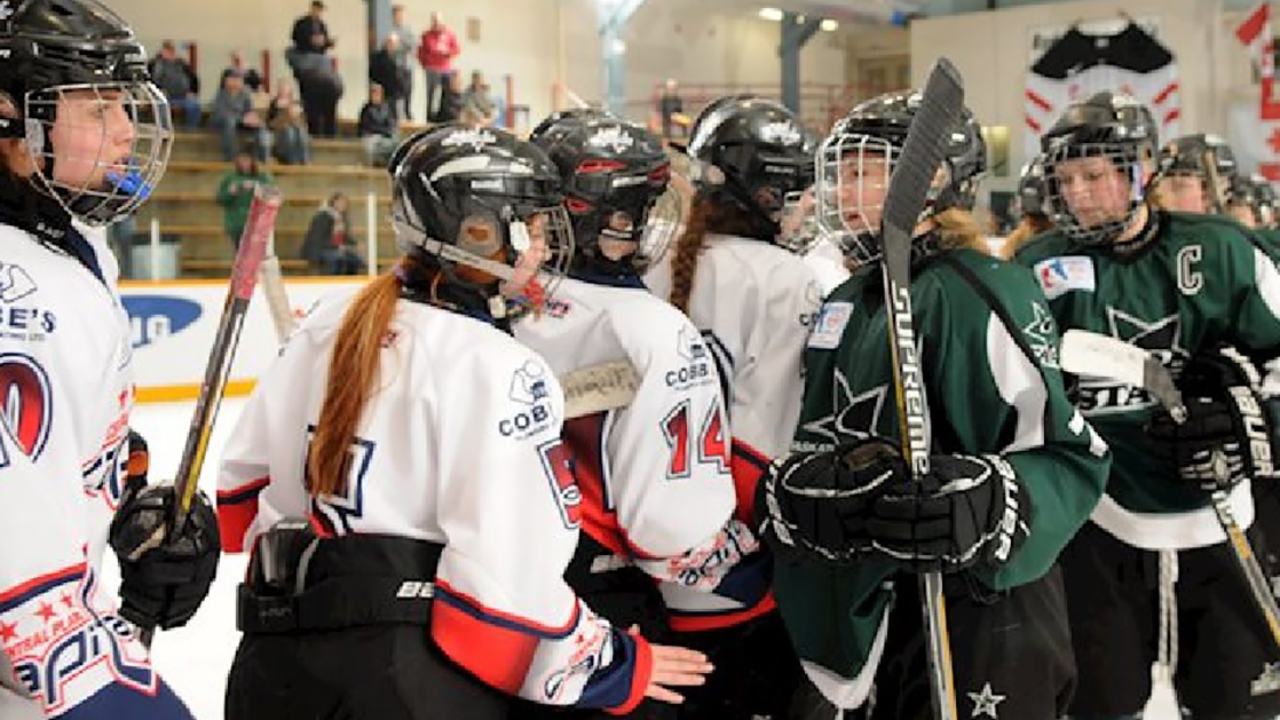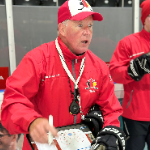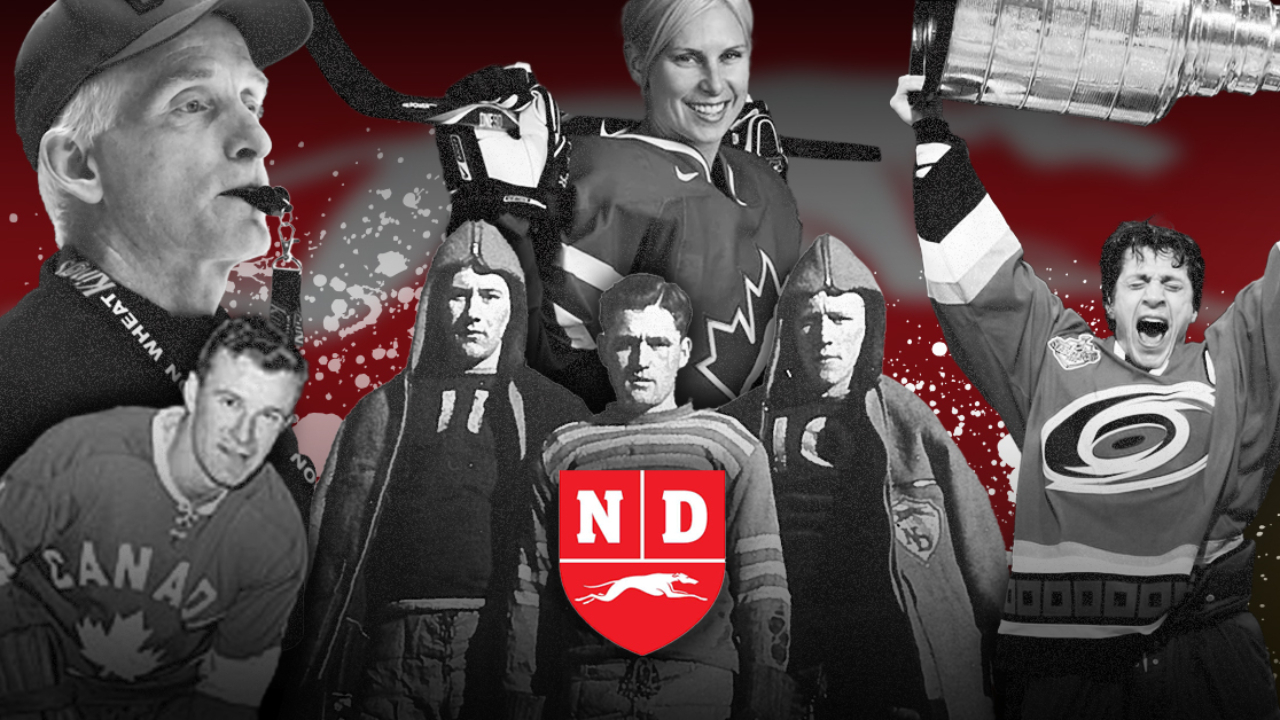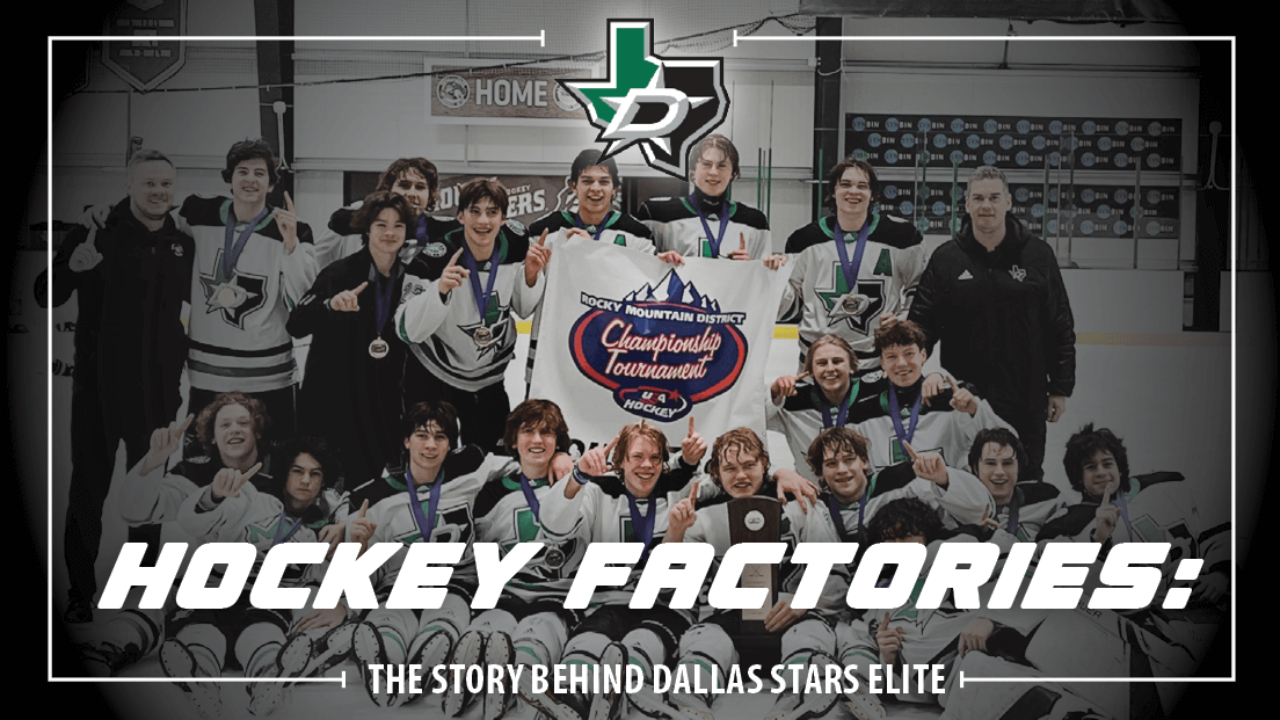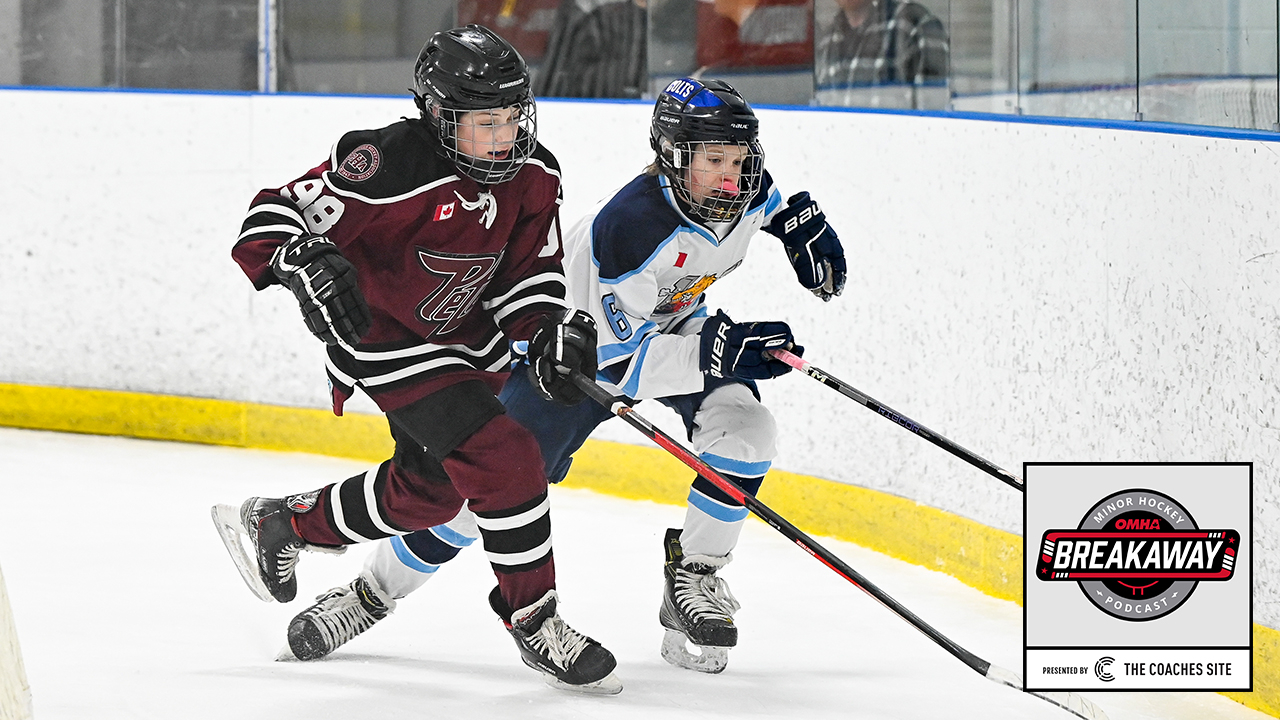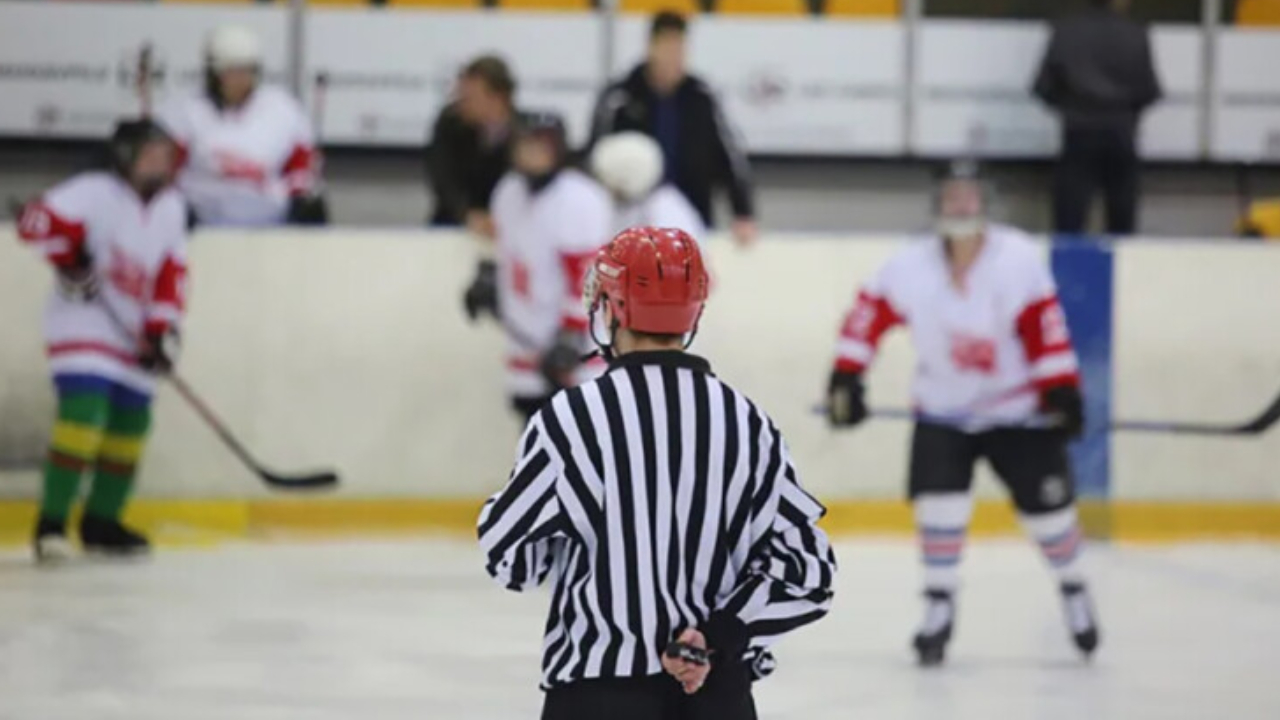
Everyone is trying their best - even the referees. When disagreements arise, there's an effective way to chat with the officials.
We’ve all been there. You’re behind the bench before or during a game and you just want a question answered about a particular penalty call. Or perhaps you want to point out to the officials something an opposing player is doing that you think is illegal – or worse, dangerous.
But you don’t want to be seen as a complainer or someone who argues with officials, who you know are doing their best under difficult circumstances for very little compensation.
What do you do?
“I think there’s never a time where it’s inappropriate [to speak with a referee],” official Katie Cash tells The Coaches Site. “It’s always the approach that’s brought to the conversation. If there’s any kind of hostility or anger in the conversation before it’s even a conversation, then it’s inappropriate.
“So yeah, it’s never that it’s inappropriate, it’s the tone, it’s the approach that makes it inappropriate. I think there’s always a right way to have a conversation, call a ref over and say, ‘can you tell me what’s going on here? Can you tell me why this was or was not called a certain way?’ And understanding that as a coach you are in a position where you’re not viewing the game [the same]. Every single person in any rink at any given time is viewing the game in a different way.”
Cash once played at Westford Academy. She later coached at Nashoba Valley, and has now put in a couple seasons of officiating in the Valley League.
She says that the coach-referee relationship really starts as soon as warm-ups begin. It’s helpful for both the coaches and officials if a line of dialogue is opened up right away, even if much referee training encourages officials to just avoid the coaches in order to avoid conflict.
“Just keep it simple, introduce yourself at the beginning of the game, but try to kind of keep your separate ways if you can,” Cash says. “There’s definitely some benefit to that. You can usually tell who you need to avoid when you get on the ice, and there are other coaches you can have those conversations with.
“You can have a conversation that helps them coach, helps them teach their player.”
Rich Murray has refereed with USA Hockey at the U14-U18 levels for more than a decade. He says his personality lends itself to making a connection before the puck drop, but even if you’re introverted, it helps to open the lines of communication early.
“One thing I try to do is, I try to go introduce myself to the benches before the game. I’m very outgoing and extroverted, I’m way to loud, I’ll make friends with the coaches. That’s something I’ll try and do,” Murray says.
“Once the puck drops, though, there are plenty of things for coaches to avoid if they want to stay in the officials’ good graces. For one, coaches shouldn’t provide a running commentary for everyone to hear, even if they’re not directing their opinion at the official.
“If the official can hear that, the kids hear it,” Nash said. “The kids hear that you think that every single play is offside, or you think that every little stick infraction should be penalized. And it doesn’t show the kids that your perspective of ‘hey that’s a good stick play … you’re playing hard for that puck.’
“Sometimes there’s a very fine line between hard play and penalties. And what a coach really should be doing in that moment is saying ‘you know what? That could have been a penalty, it wasn’t, here’s what you need to keep in mind when you’re not in that situation. … And explain to your kids what they should do in that situation, use those moments to become better players.”
Coaches should also keep in mind that many referees – some who are teenagers – are learning on the job, Nash says.
Murray says he’s more than willing to offer a coaching moment if the coach thinks a kid needs an explanation. But he holds the line at arguments.
“If you want to ask me what I’m calling and why I’m calling to explain it to a kid, that’s fine,” Murray says. “But when a coach becomes argumentative, that’s where some of the problems start. This is a line I use time and time again. I’ll tell the coaches ‘if you can’t act like an adult, you’re off the bench.’ And I’ve thrown out countless coaches doing that. They forget the kids are 12 years old. This isn’t the NHL. There’s a reason I’m not reffing in the NHL. I’m out there just because I love hockey and I love to skate around.”
Both Nash and Murray agree that one thing coaches have to keep in mind is that they’re in a position to set an example for their impressionable young players. So if they keep in mind that they’re role models, and stay amicable, coaches shouldn’t fear engaging a referee before or during a game.

